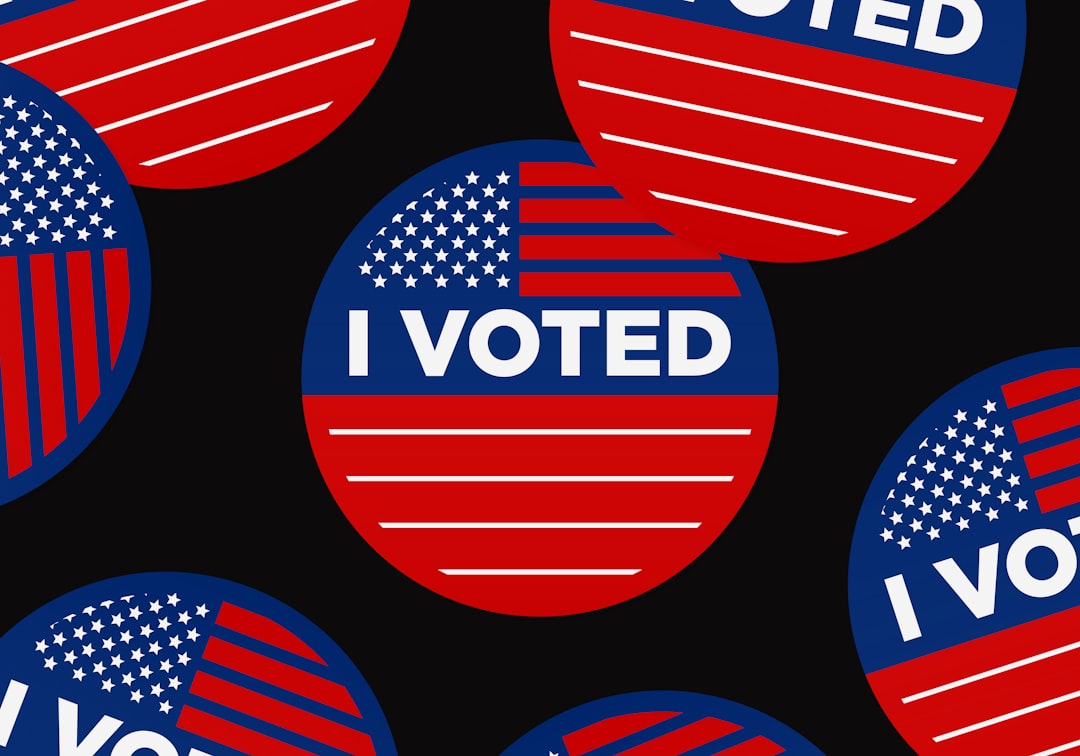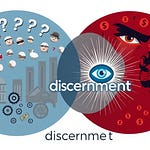Welcome to Unorthodoxy Perspectives! Franklin O’Kanu here. Today, we’re exploring a fascinating psychological phenomenon that becomes particularly relevant during election seasons: cognitive dissonance.
Ever since Kamala Harris was put out there as the supposed Democratic nominee, we’re seeing many on the left display this dissonance, as we’re also seeing on the right with the recent Trump ‘assassination’ attempt.
But what exactly is cognitive dissonance? Why is it a powerful tool for manipulation and control? And how can we avoid falling under its grasp?
In this episode, we explore:
Cognitive Dissonance in Politics
Cognitive dissonance is a psychological state where an individual holds two conflicting ideas simultaneously.
This phenomenon is particularly pronounced during election cycles, as voters often face a clash between their personal beliefs and the choices presented by political parties.
Kamala Harris and Media Influence
With the Democratic Party’s potential nomination of Kamala Harris, we see a surge of media support that influences public opinion.
This shift in perception, from skepticism to acceptance, exemplifies how media can drive cognitive dissonance, pushing individuals to reconcile conflicting views about a candidate.
The Role of the Oligarchical Party
We delve into the idea that beyond the apparent battle between Democrats and Republicans, there exists an oligarchical party manipulating public perception and policy to maintain power.
This unified group uses media and socio-economic strategies to direct the population’s thoughts and actions, ensuring their dominance.
Cognitive Resonance: The Path to Harmony
We contrast cognitive dissonance with cognitive resonance, a state where beliefs, actions, and information align harmoniously.
Achieving cognitive resonance involves critical thinking and creating personal actions grounded in rationale and logic.
Local Politics: The Real Impact
While national elections often dominate the conversation, local politics have a more direct effect on our daily lives.
Shifting our focus to local governance can lead to meaningful change and a better alignment of our actions with our beliefs.
By tuning in, you’ll gain a deeper understanding of the psychological and socio-political forces at play during election seasons. You’ll learn how to navigate these challenges with a clearer mind and a more focused approach to achieving harmony in your beliefs and actions.
As always, thank you for the time and the attention. Feel free to share your thoughts and questions in the comments.
Ashe!
Franklin O’Kanu
Read More
Listen to this episode with a 7-day free trial
Subscribe to Unorthodoxy to listen to this post and get 7 days of free access to the full post archives.















